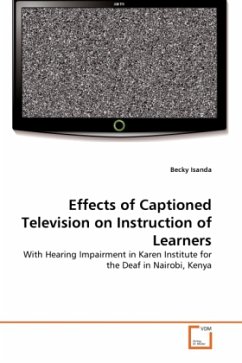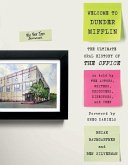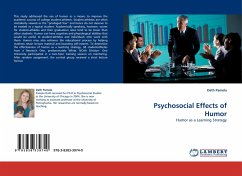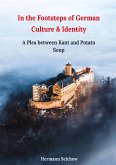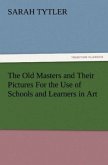The purpose of this study was to find out the effects of captioned TV programmes in teaching learners with HI at Karen Technical Training Institute for the Deaf (KTTID). The study investigated the effect of captioned TV programmes that would improve the instruction of learners with HI to enable more of them enter higher levels of education. The objectivesof the study were: (i) Finding out the opinions of learners towards captioning as an instructional tool. (ii) Investigating the effects of captioned technology in the education of learners with HI, at KTTID. (iii) Establishing whether learners at the KTTID could adapt to captioned TV programmes in their learning environment. (iv) Identifying challenges that are likely to be faced by teachers when instructing learners with HI using captioned TV programmes and (v) Establishing whether KIE embraces the concept of captioned TV programmes as a mode of instruction for learners with HI. The study adopted a descriptive survey research design. Population under study consisted of 204 persons. Sample size was a total of 78 respondents obtained using purposive sampling. Data was collected using 3 sets of questionnaires.
Bitte wählen Sie Ihr Anliegen aus.
Rechnungen
Retourenschein anfordern
Bestellstatus
Storno

